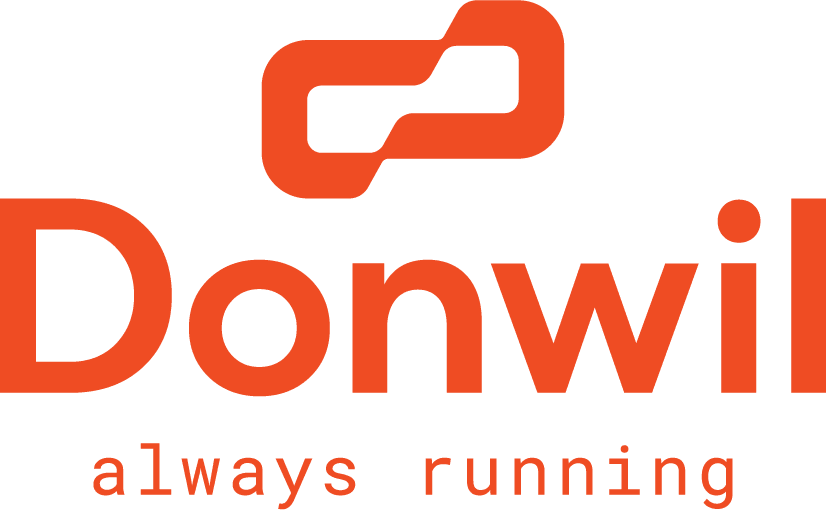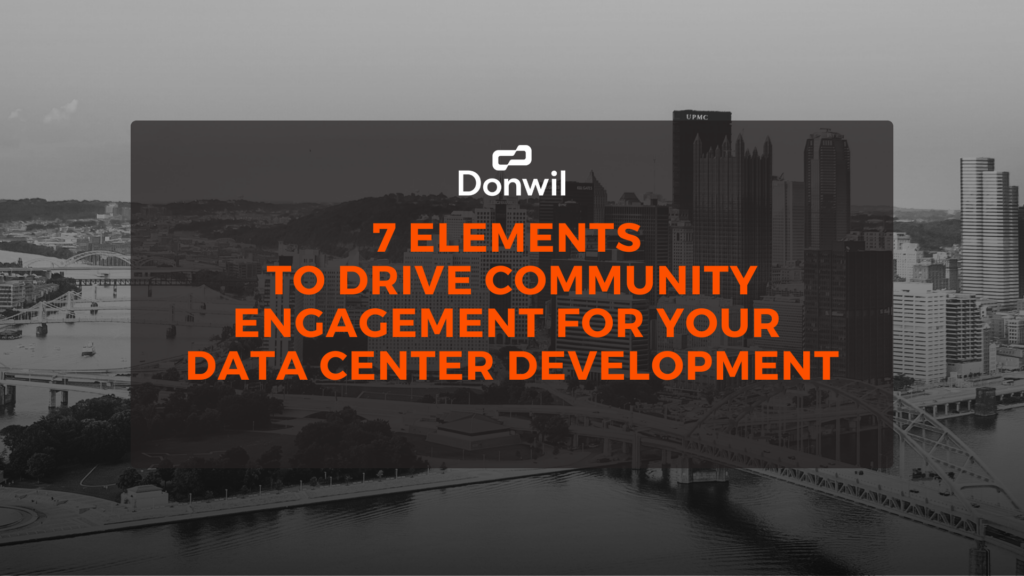Data centers have become the backbone of our connected world. However, their development often faces challenges from local communities concerned about environmental impact, noise pollution, and resource consumption.
As industry leaders, it’s crucial that we bridge this gap and foster positive relationships with the communities we serve. Here are seven proven tactics for effective data center community engagement.
1. Transparent Communication
Open and honest dialogue is the foundation of any successful community relationship. Data center developers should proactively share information about their plans, potential impacts, and mitigation strategies. This transparency builds trust and allows community members to feel heard and respected.
Action step: Host regular town hall meetings or create a dedicated community liaison role to facilitate ongoing communication.
2. Educational Outreach
Many community concerns stem from a lack of understanding about data center operations. By educating local residents and policymakers about the role of data centers in the digital economy, we can dispel myths and build support.
Action step: Develop partnerships with local schools and universities to offer tours, workshops, and internship programs that showcase the technology and career opportunities in the data center industry.
3. Local Economic Impact Highlighting
Data centers can be significant economic drivers for communities, creating jobs and boosting local tax revenues. Clearly articulating these benefits can help gain support from community leaders and residents alike.
Action step: Commission and share economic impact studies that quantify the direct and indirect benefits of data center development in the area.
4. Environmental Stewardship
Addressing environmental concerns head-on is crucial. Modern data centers are increasingly focusing on sustainability, and sharing these efforts can alleviate community worries about resource consumption and pollution.
Action step: Implement and prominently showcase green initiatives such as renewable energy use, water conservation measures, and wildlife habitat preservation on data center properties.
5. Community Investment
Demonstrating a commitment to the local community beyond the data center walls can generate goodwill and support. This could involve sponsoring local events, supporting community projects, or establishing grant programs for local initiatives.
Action step: Create a community advisory board to guide investments in local projects that align with both community needs and data center values.
6. Workforce Development
One of the most impactful ways to engage with the community is by creating local job opportunities. By investing in workforce development programs, data centers can build a skilled local talent pool while addressing community concerns about job creation.
Action step: Partner with local vocational schools and community colleges to develop training programs tailored to data center operations and maintenance.
7. Collaborative Problem-Solving
When concerns do arise, approach them as opportunities for collaboration rather than confrontation. Involving community members in problem-solving processes can lead to innovative solutions and stronger relationships.
Action step: Establish a community feedback mechanism and commit to addressing concerns raised through this channel in a timely and transparent manner.
In the end, partnership matters.
Effective community engagement is not just about mitigating opposition; it’s about building lasting partnerships that benefit both the data center industry and local communities. By implementing these seven elements, data center developers and operators can create a positive narrative around their projects, fostering an environment of mutual understanding and support.
As we continue to expand digital infrastructure to meet growing demand, let’s remember that our success is intrinsically linked to the communities we serve. By engaging thoughtfully and proactively, we can ensure that data centers are seen not as necessary burdens, but as valuable community assets that drive progress and prosperity for all.

